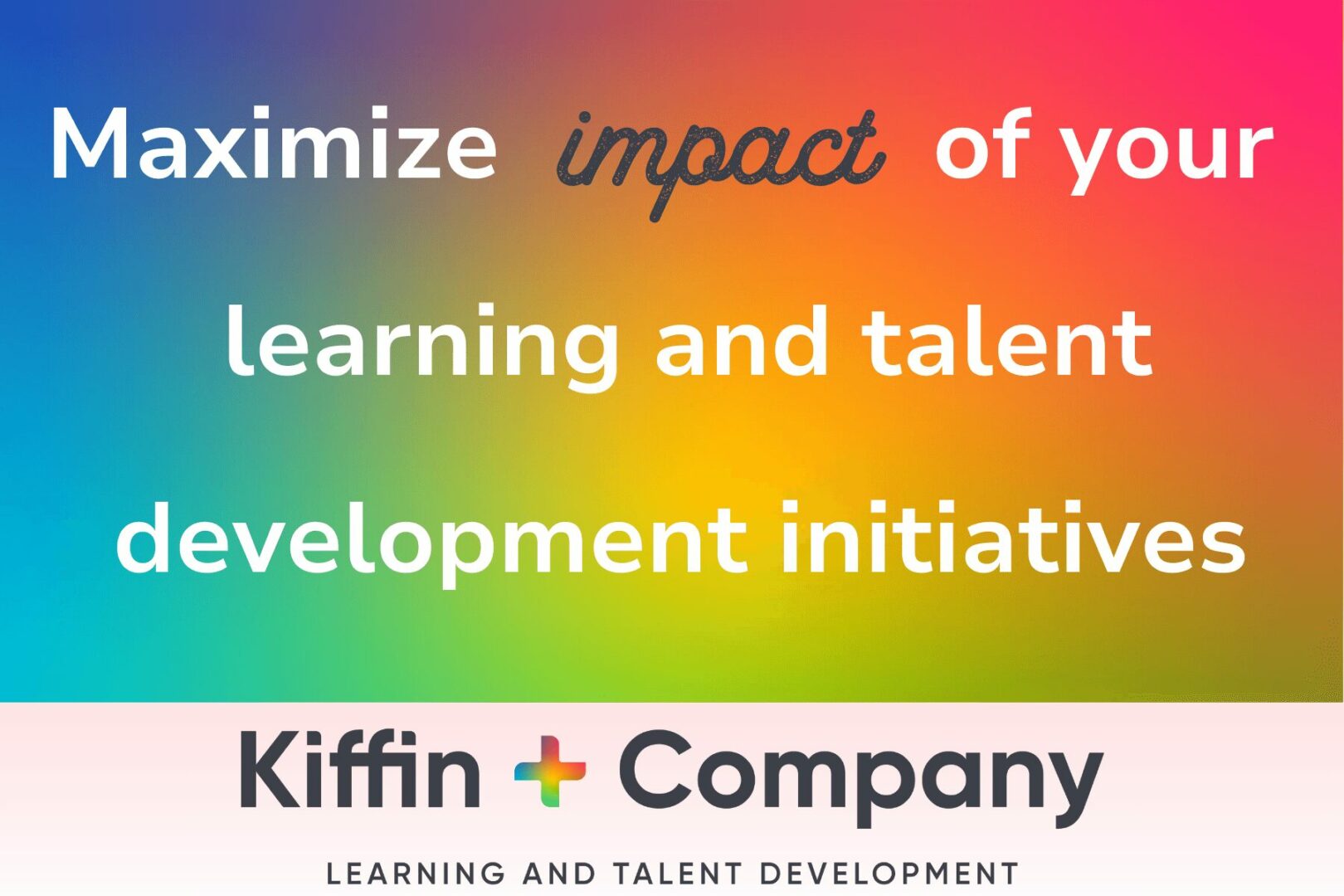We were lucky to catch up with Kiffin McCoy-Albert recently and have shared our conversation below.
Kiffin, thank you so much for joining us and offering your lessons and wisdom for our readers. One of the things we most admire about you is your generosity and so we’d love if you could talk to us about where you think your generosity comes from.
“People want to be your friend because you make an effort to be theirs.” That was one of the biggest compliments I have ever received. I am blessed to come from a very close-knit, generous extended family. That doesn’t mean everyone gets along all the time or that there is no dysfunction, but there is an underlying sense of generosity. My mom is a prime example of this, and I think any innate qualities of generosity I may have been born with were absolutely fostered by her. That encouragement and example to be generous led to positive feelings when being generous. So, I associate giving with feeling good. Let’s be clear, I am not without selfish moments, and maybe enjoying the good feelings of generosity is selfish in itself. 🙂 Ultimately, I think my generosity comes from a seed that was in me that was cultivated by others around me, especially my incredibly generous mother.

Appreciate the insights and wisdom. Before we dig deeper and ask you about the skills that matter and more, maybe you can tell our readers about yourself?
Helping ease the frustration of ineffective corporate learning initiatives is what I strive to do. As a Learning and Talent Development consultant, I work with organizations to maximize impact with tailored solutions for their workforce. Three things that are especially exciting for me are:
1. Helping companies realize that not everything needs to be required – offering optional, engaging learning opportunities is a valued benefit.
2. Helping companies realize “training” is not always the answer. Sometimes the answer to their problem is more about coaching or process or the tools available.
3. Working with organizations that do not have a formal learning team or maybe have a 1-person department allows me to share some of my expertise to create a foundation for growth and development
In addition to consulting, I am starting an internet radio show and podcast celebrating lifelong learners of all ages. My goal is to have a vast array of topics and interview interesting people to promote learning new things or gaining a deeper knowledge of something you may already know. The show is called “One More Thing (with Kiffin McCoy-Albert)” and is set to debut in early September.

There is so much advice out there about all the different skills and qualities folks need to develop in order to succeed in today’s highly competitive environment and often it can feel overwhelming. So, if we had to break it down to just the three that matter most, which three skills or qualities would you focus on?
1. Curiosity – always wanting to learn more, better understand, and delve deeper stimulates the brain, sparks creativity and innovation, and even creates empathy
2. Advocacy – in workplace learning, advocating on behalf of the learners means thinking about what it is they need to learn, how they best learn, and when to get their input (early and often)
3. Generosity – sharing my expertise, sharing in the accolades of my team, and ensuring that others are given the opportunity to excel
One piece of related advice is to consider what you want to be remembered for…what do you want your legacy to be? If I am remembered for being kind and generous, I feel I have been successful in life.

What would you advise – going all in on your strengths or investing on areas where you aren’t as strong to be more well-rounded?
I love this question because for years in multiple aspects of life and work, I have been saying, “We have become such an either/or society instead of a both/and.” I don’t think it is better to go all in on our strengths while ignoring areas for improvement OR to ignore our strengths in an effort to be “perfectly” rounded.
A pianist who can play by ear, shouldn’t stop doing so and focus solely on reading music to play. However, they will benefit from practicing reading music as part of the overall improvement of their craft.
When you identify strengths, hone them. When you identify areas of improvement, add in activities that will help to strengthen those areas. With that said, we’ve likely all heard the phrase “jack of all trades, master of none” used as a negative description. However, the full quote is “Jack of all trades, master of none, but oftentimes better than a master of one”, which I think indicates a value in being well-rounded.
Contact Info:
- Website: https://www.kiffinandcompany.com
- Facebook: https://www.facebook.com/kiffinandcompany
- Linkedin: https://www.linkedin.com/company/kiffinandcompany
- Youtube: https://www.youtube.com/@KiffinandCompany




Image Credits
Faith Doggett Photography
so if you or someone you know deserves recognition please let us know here.




